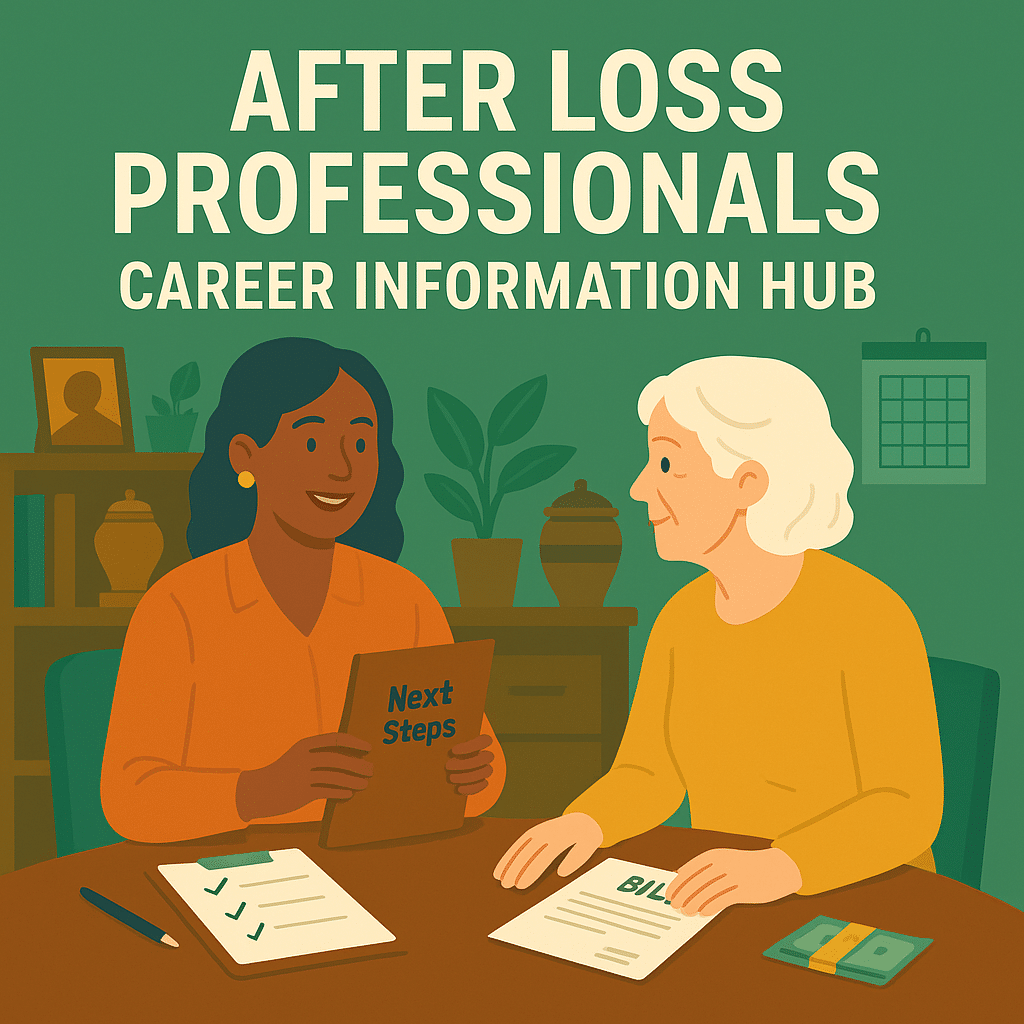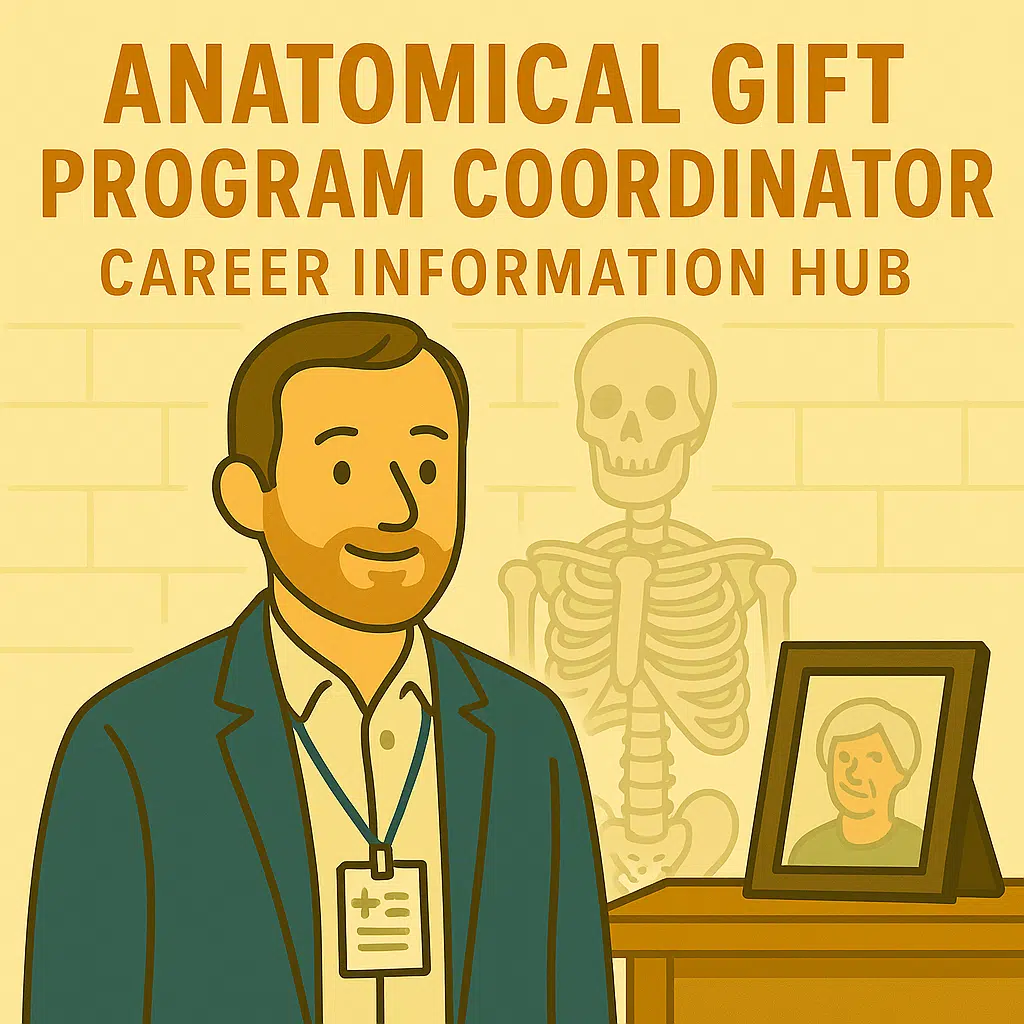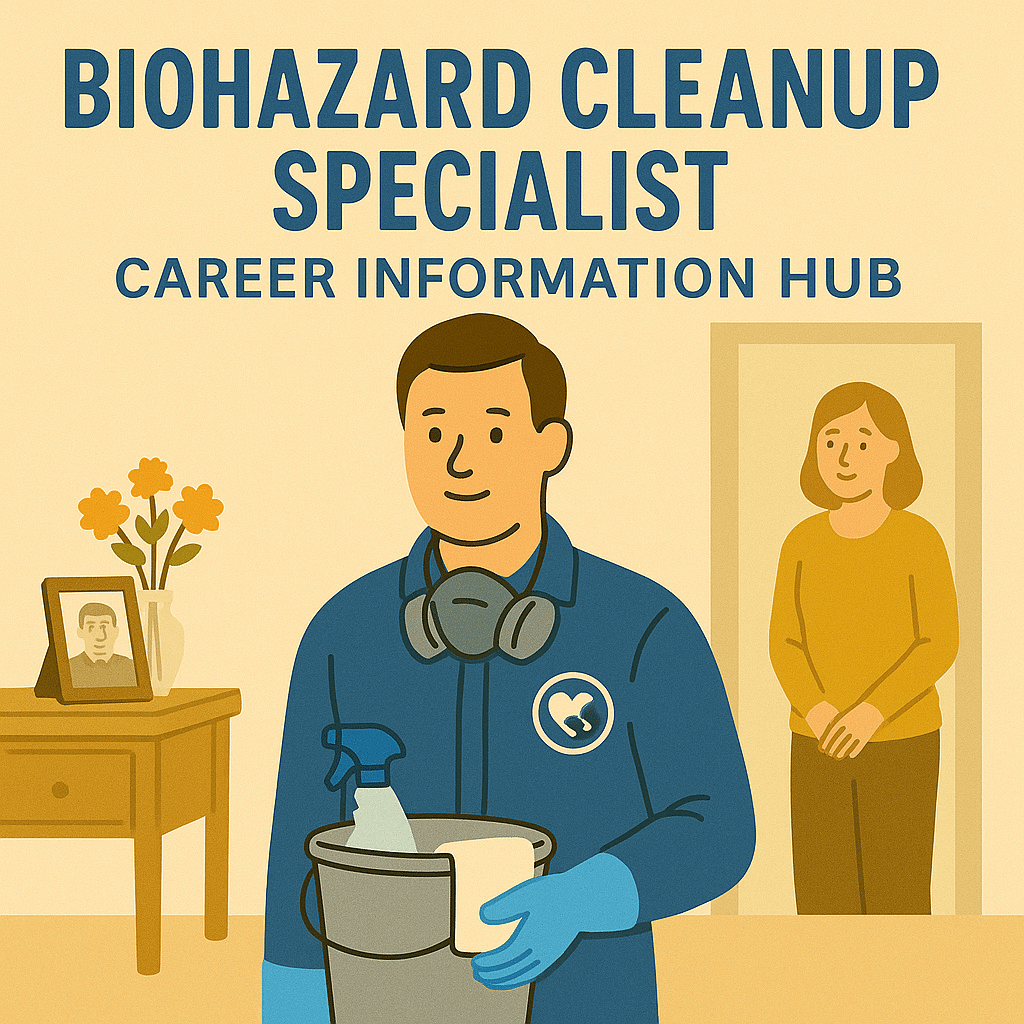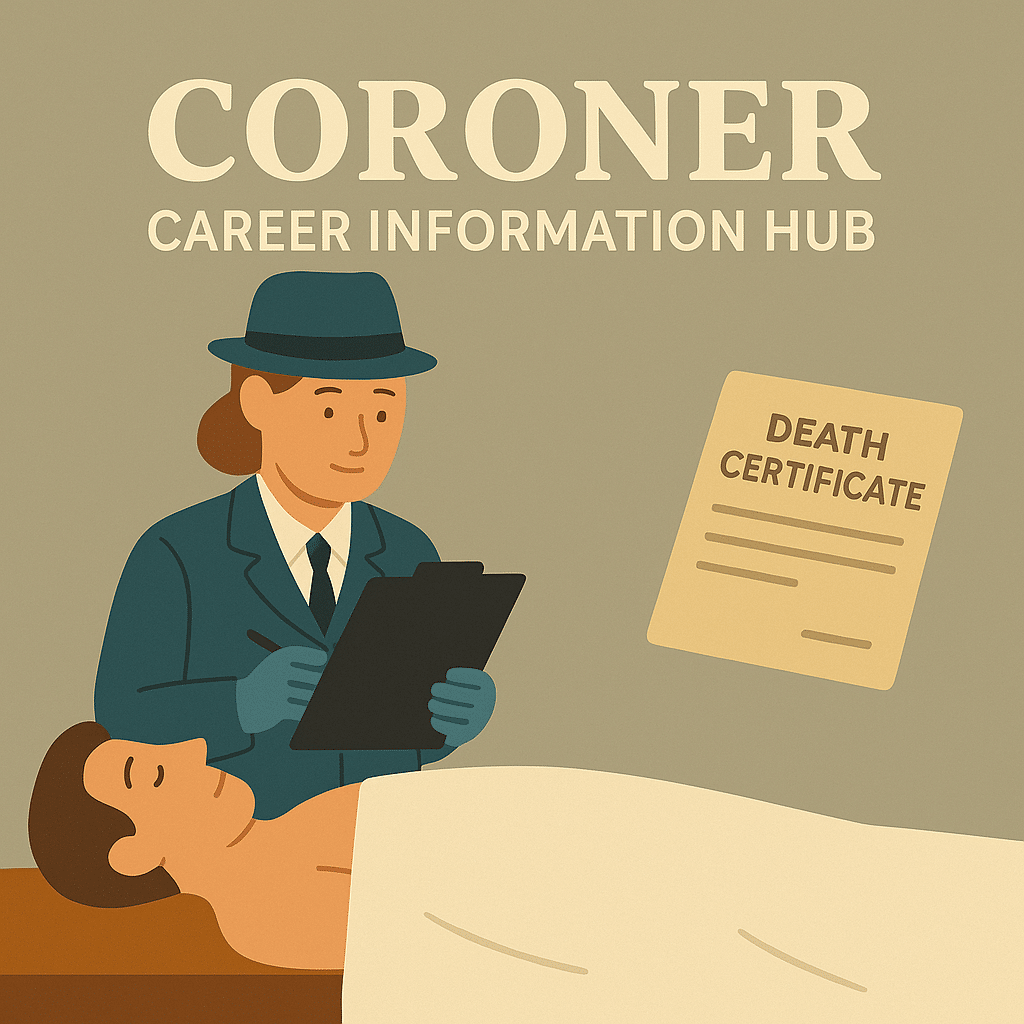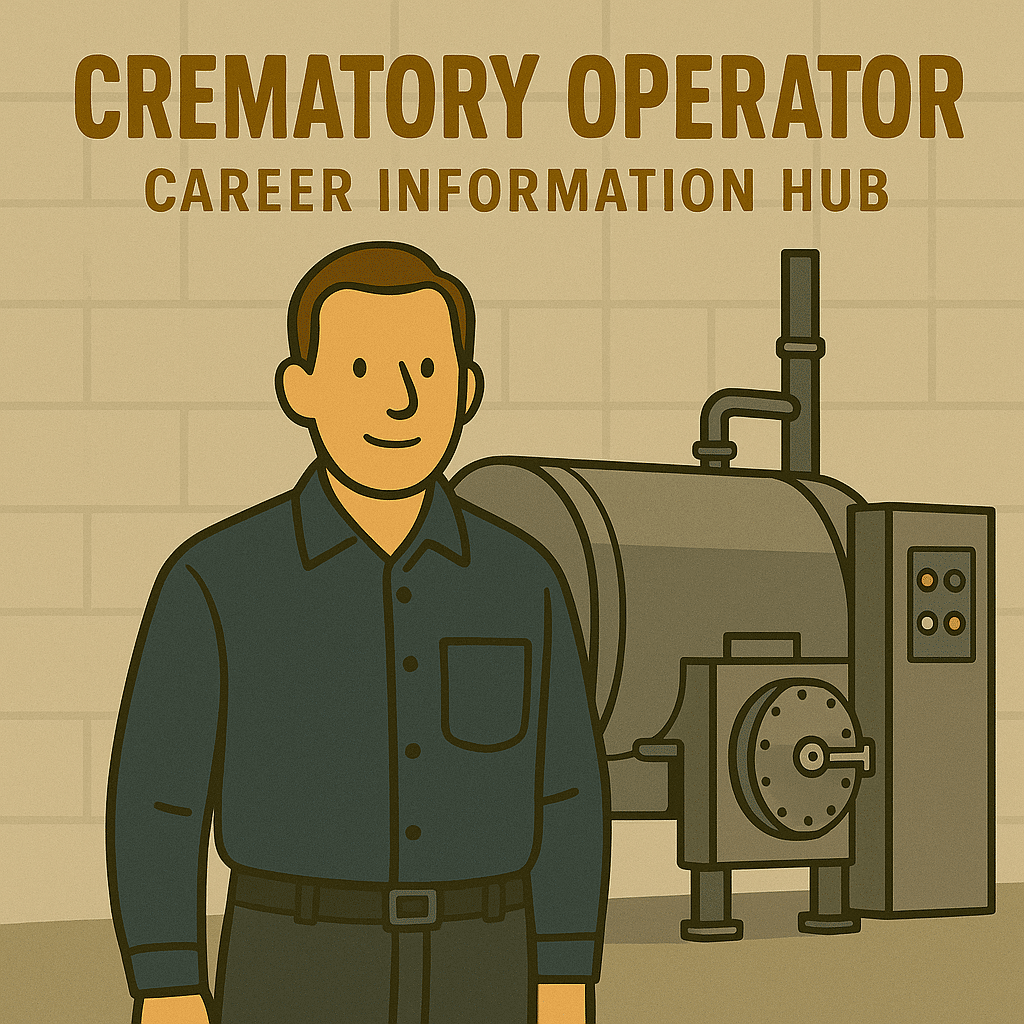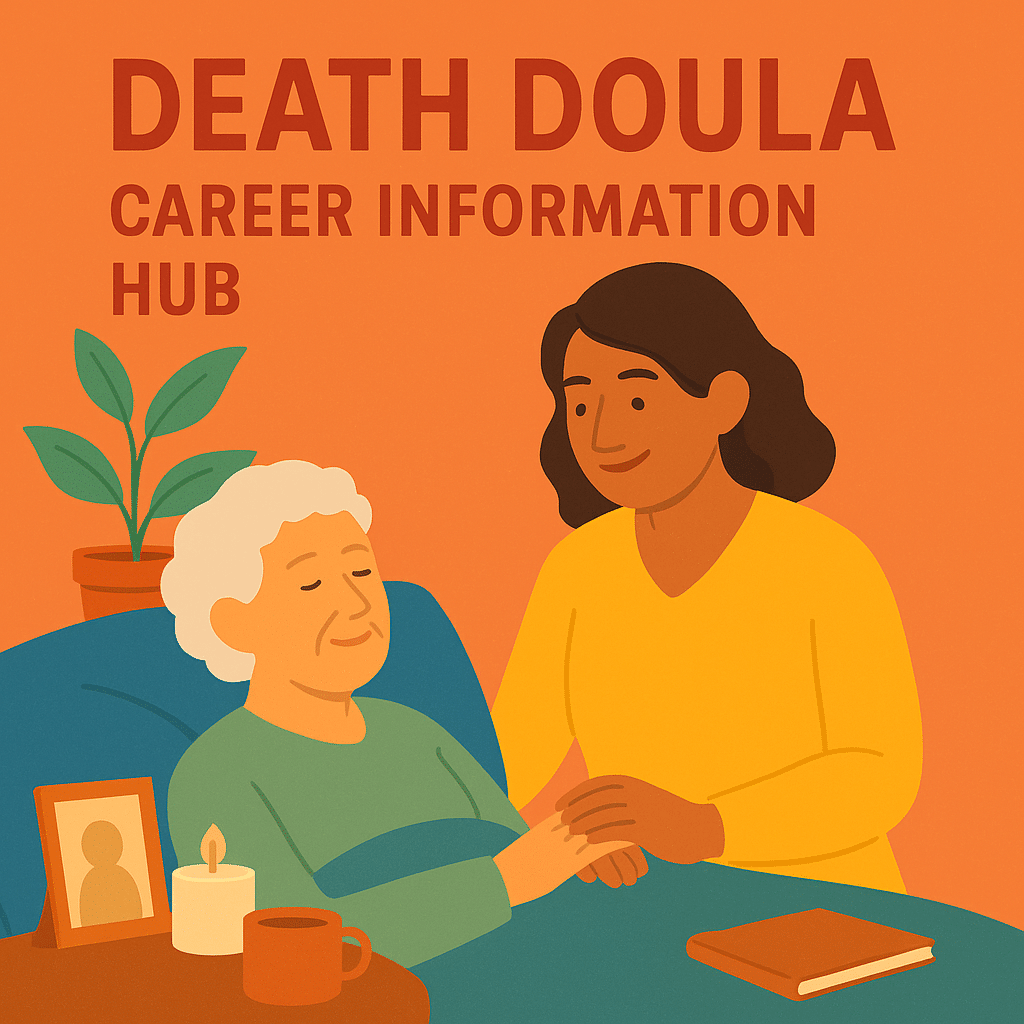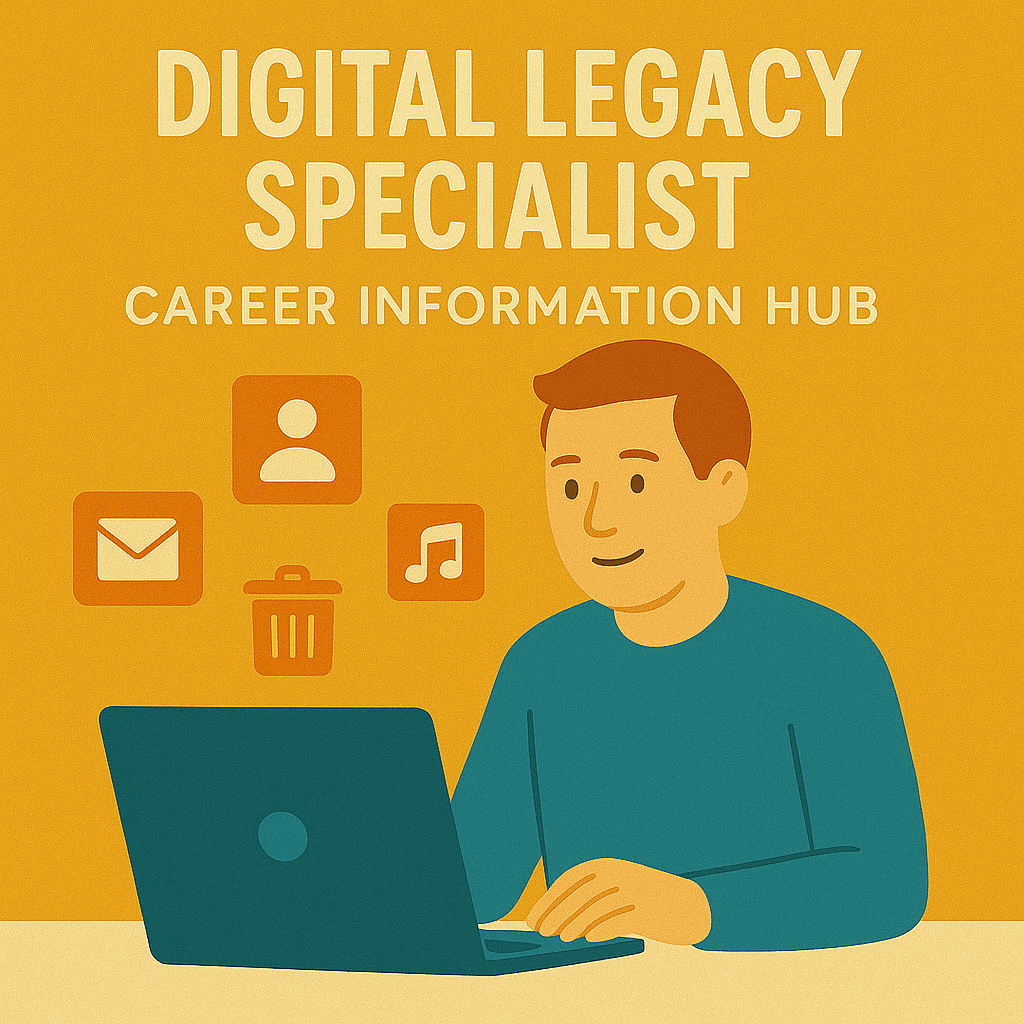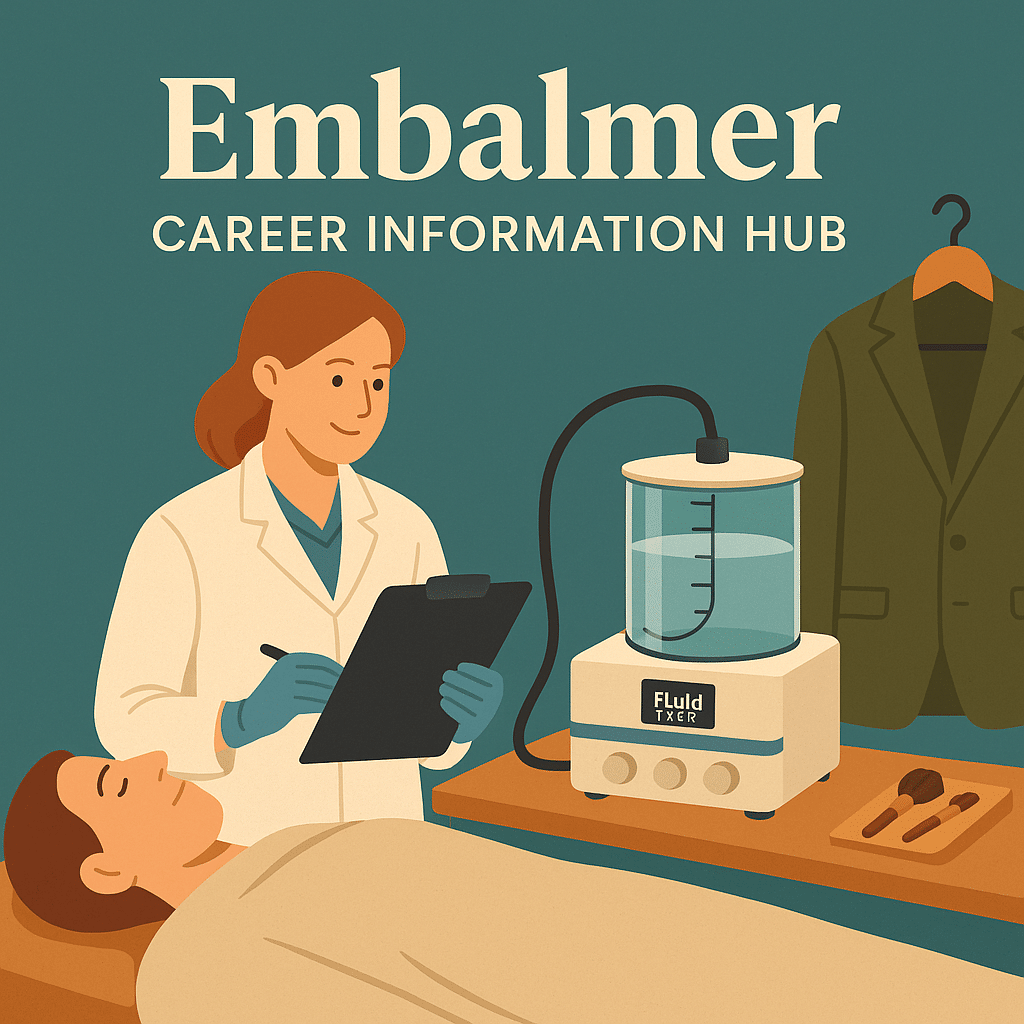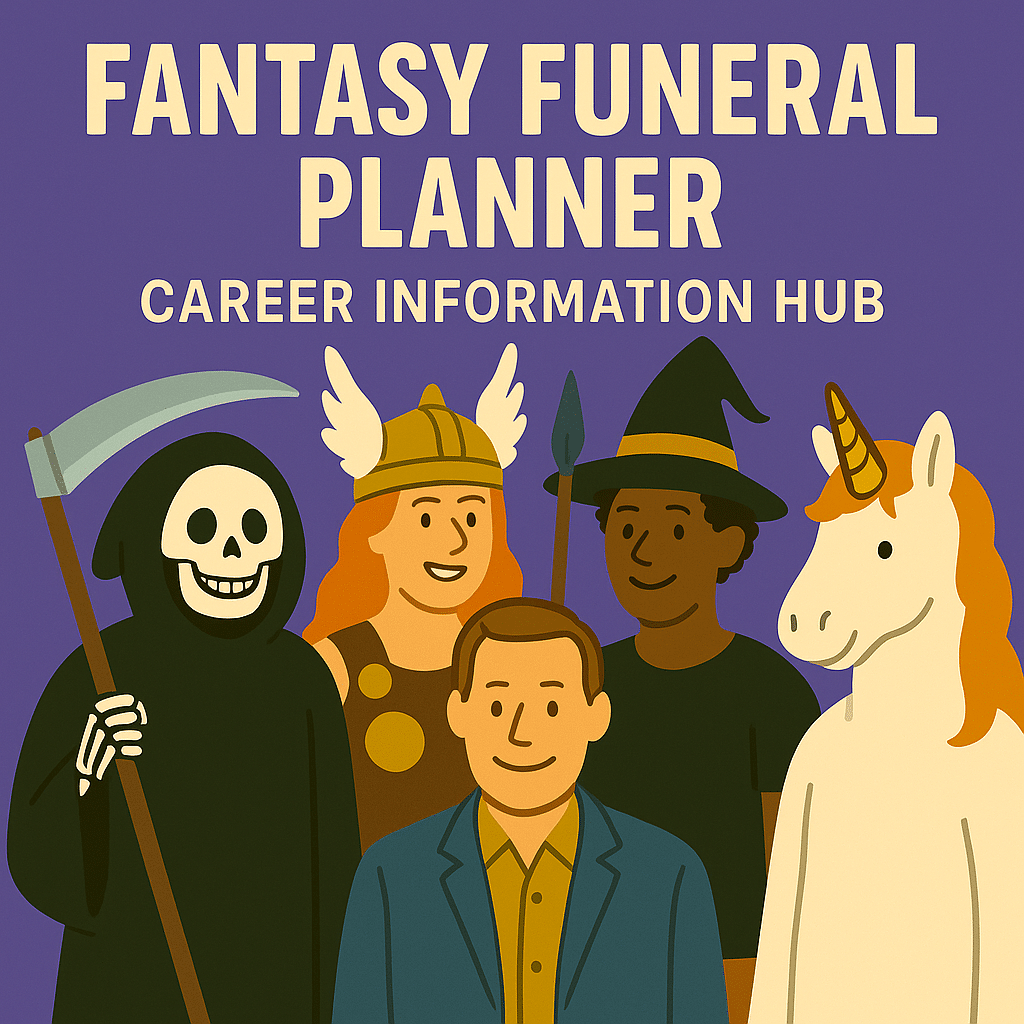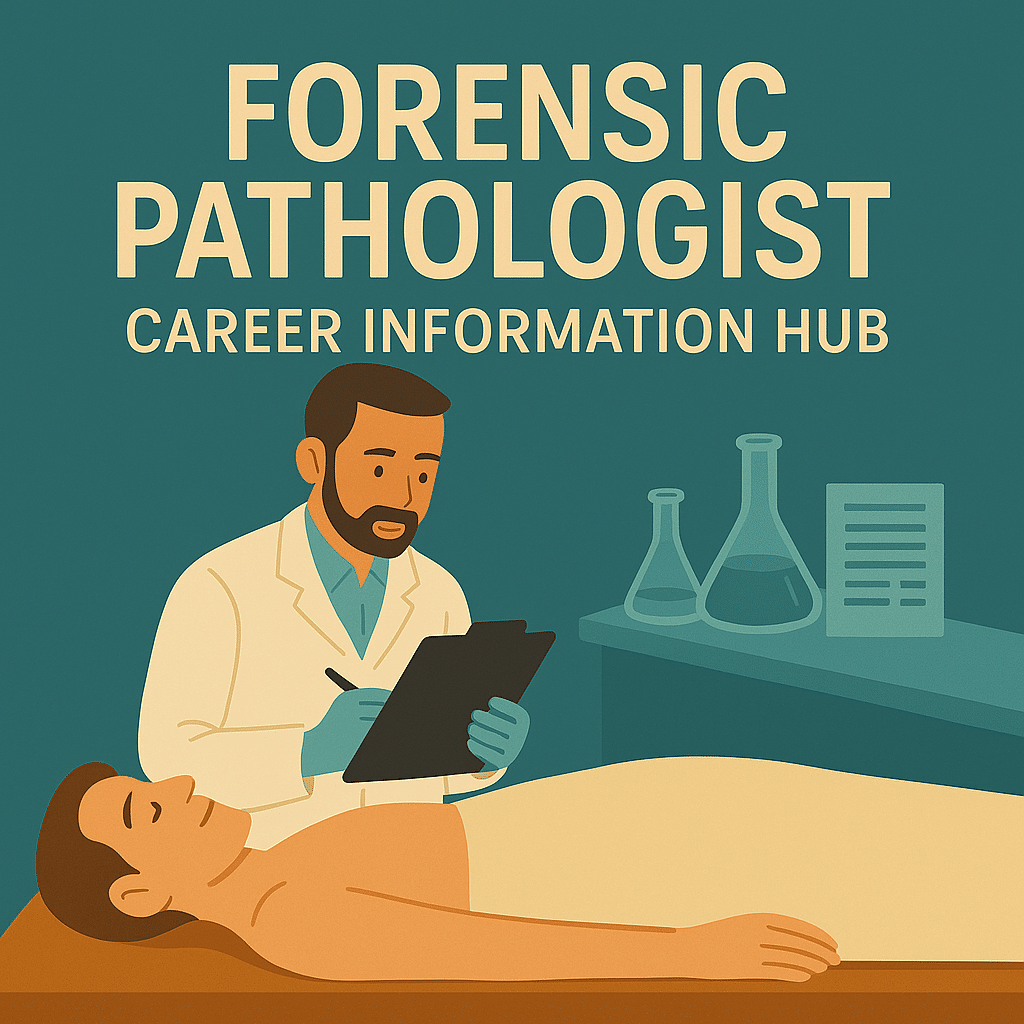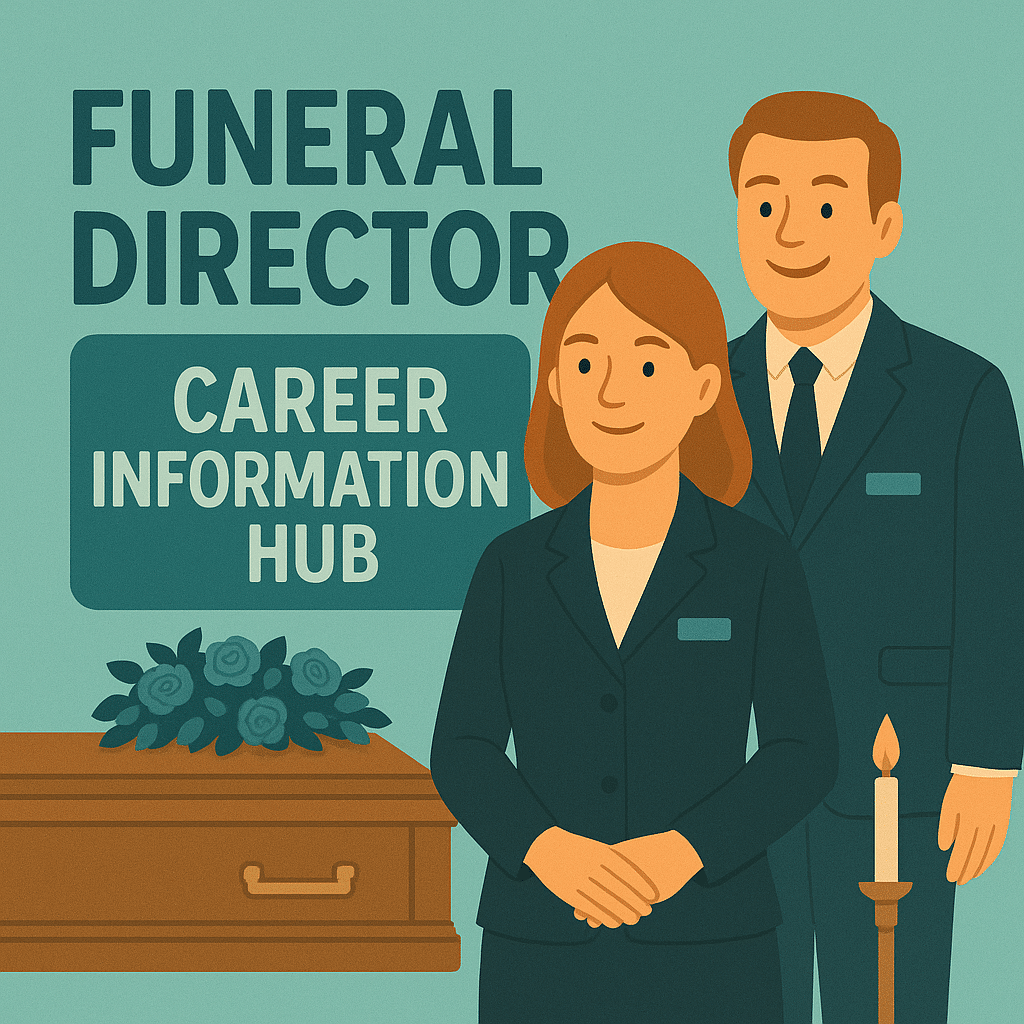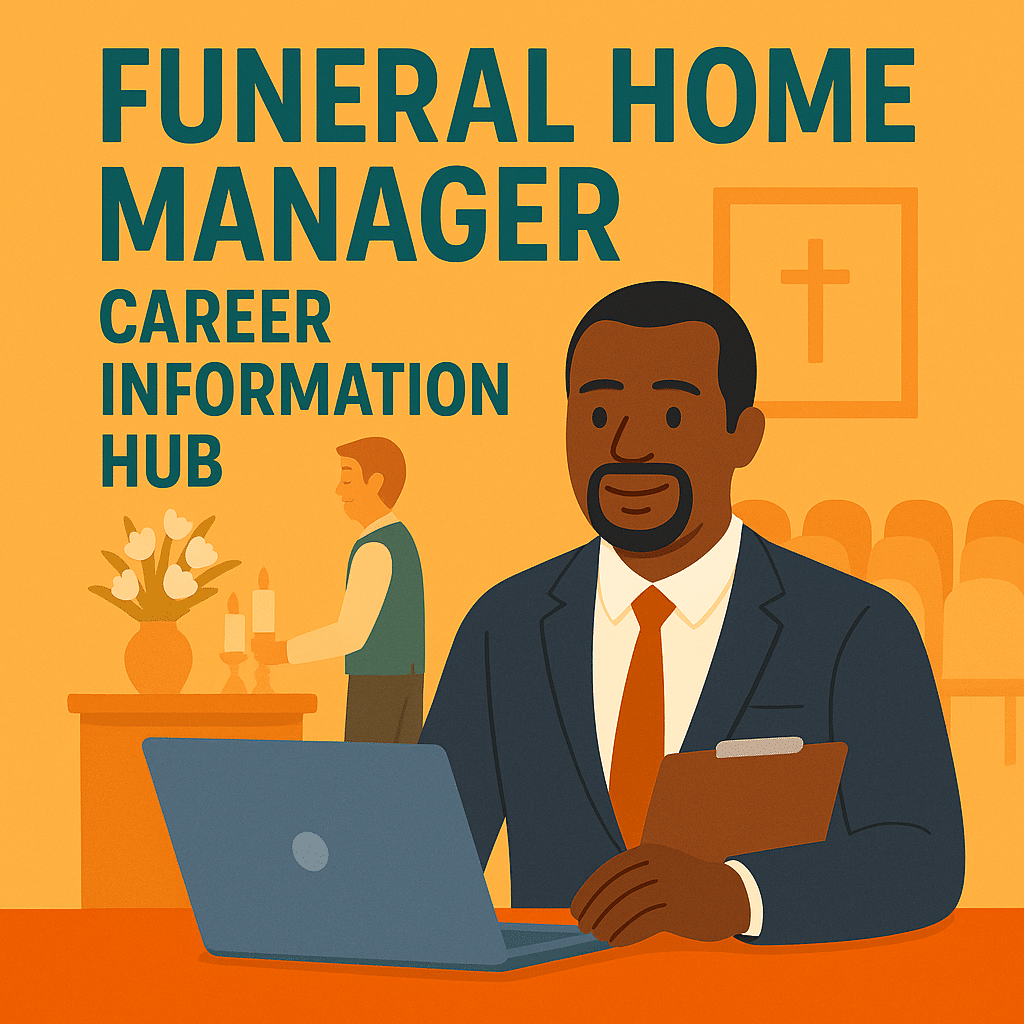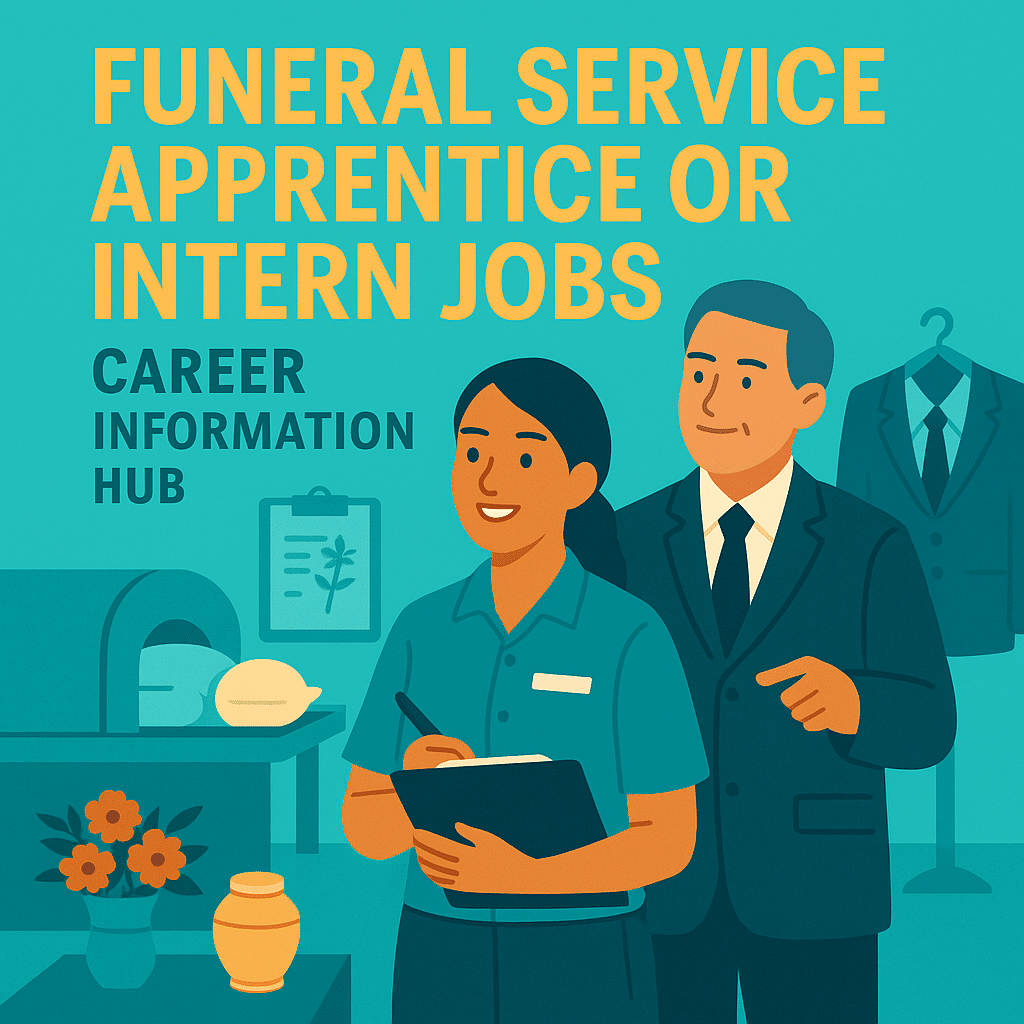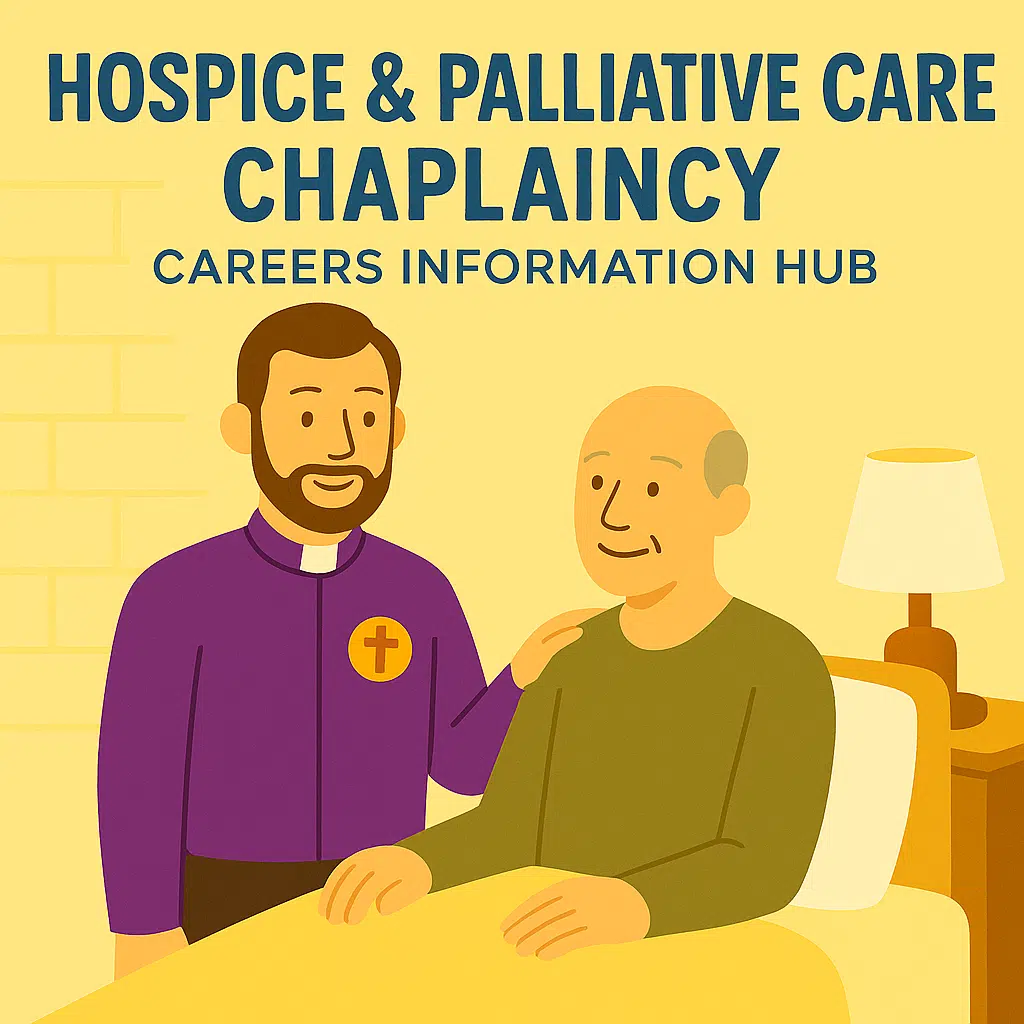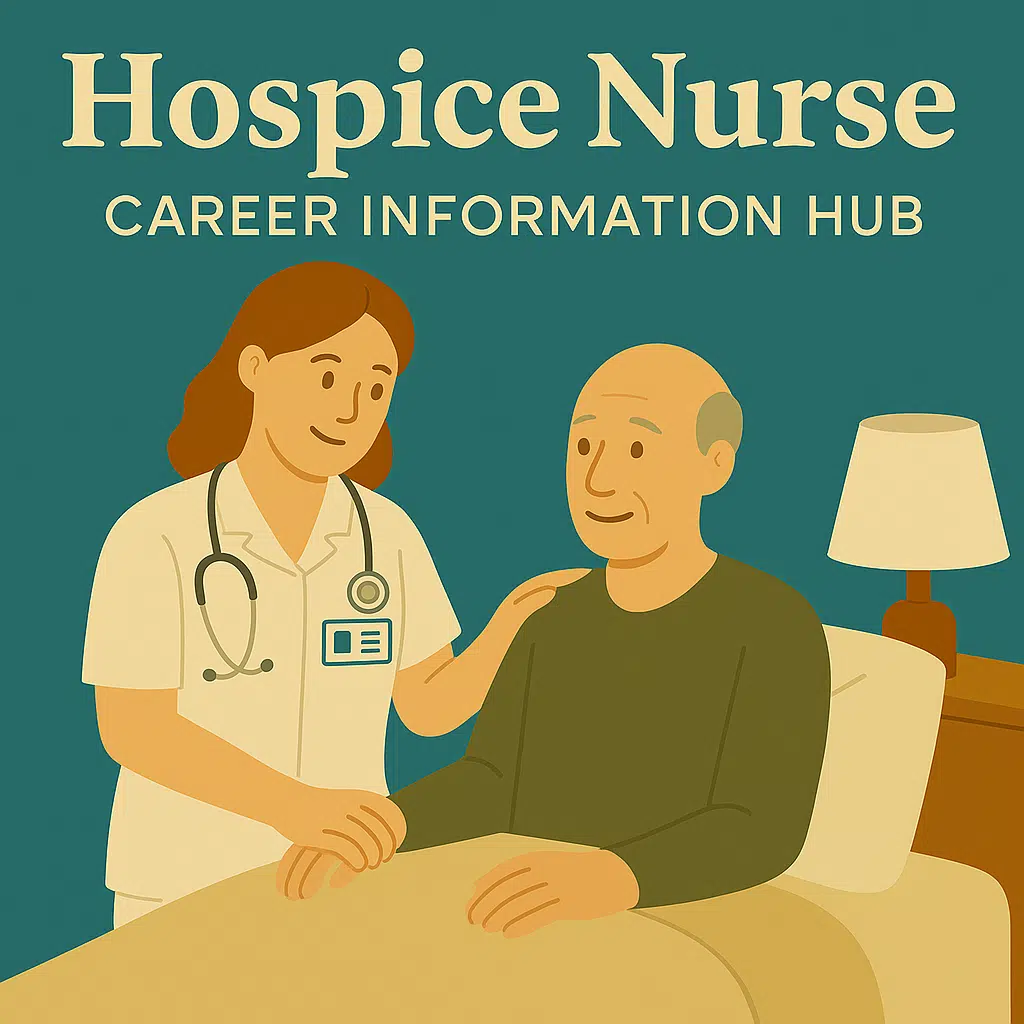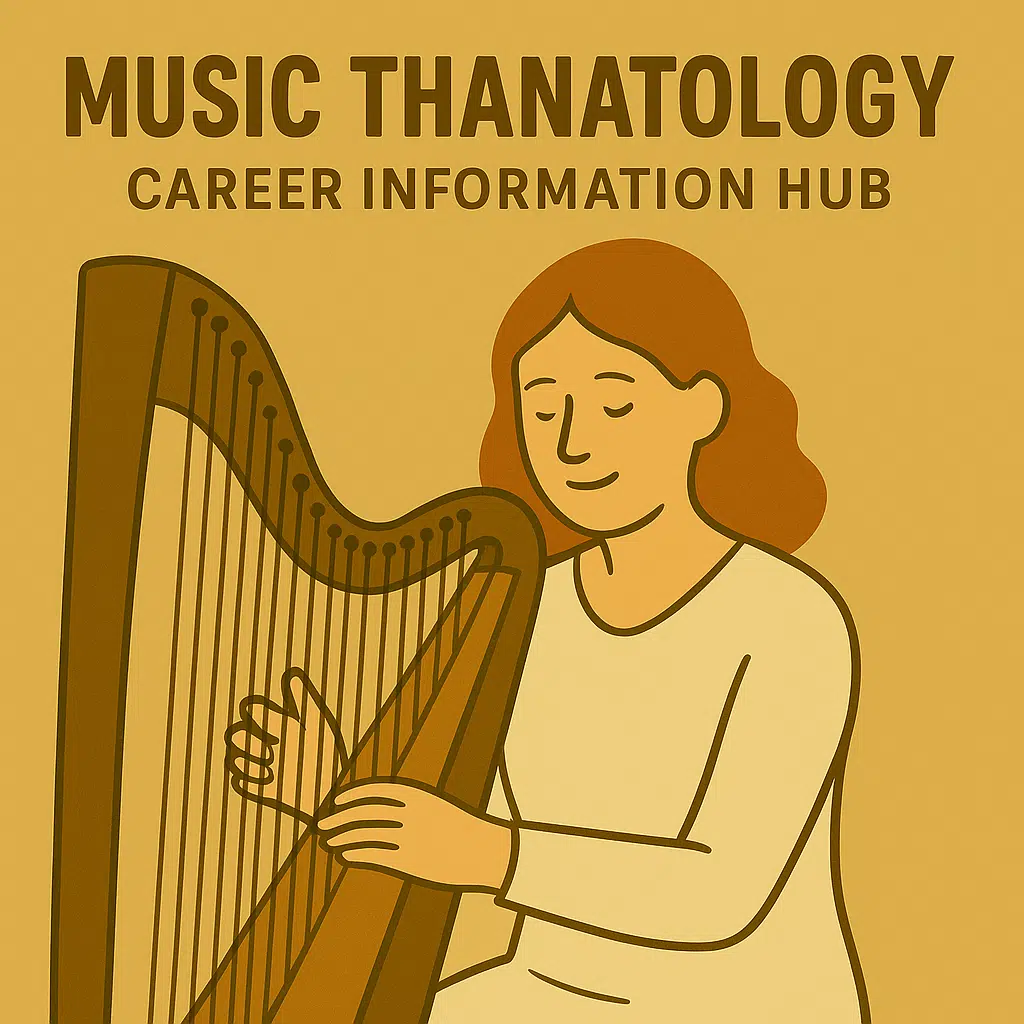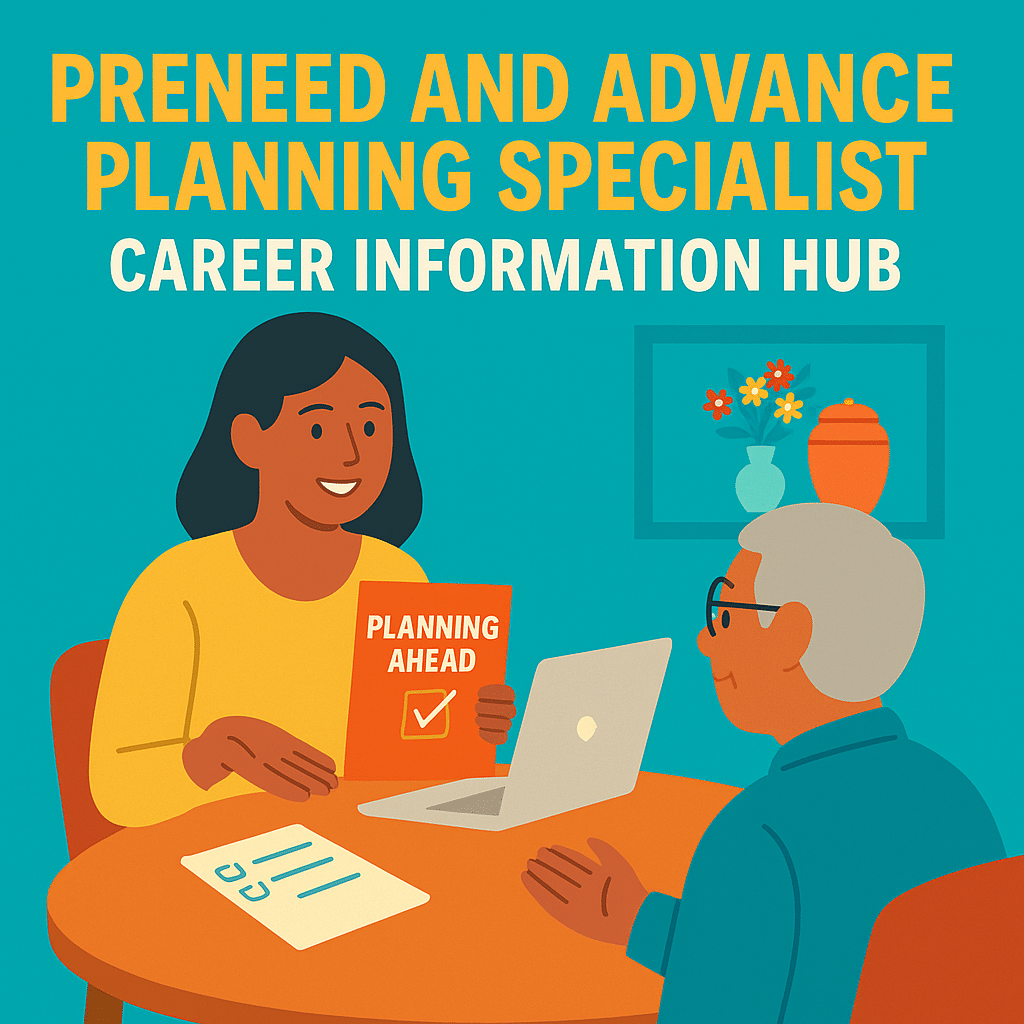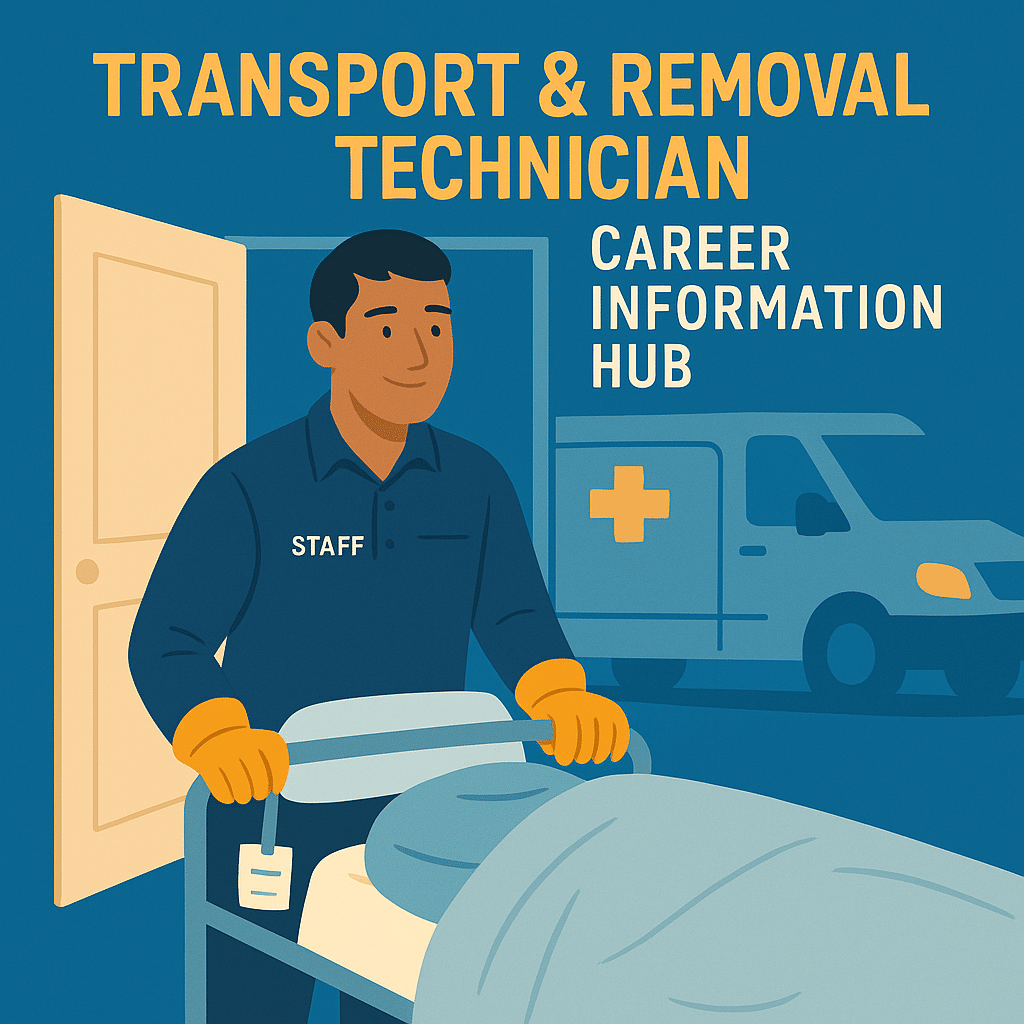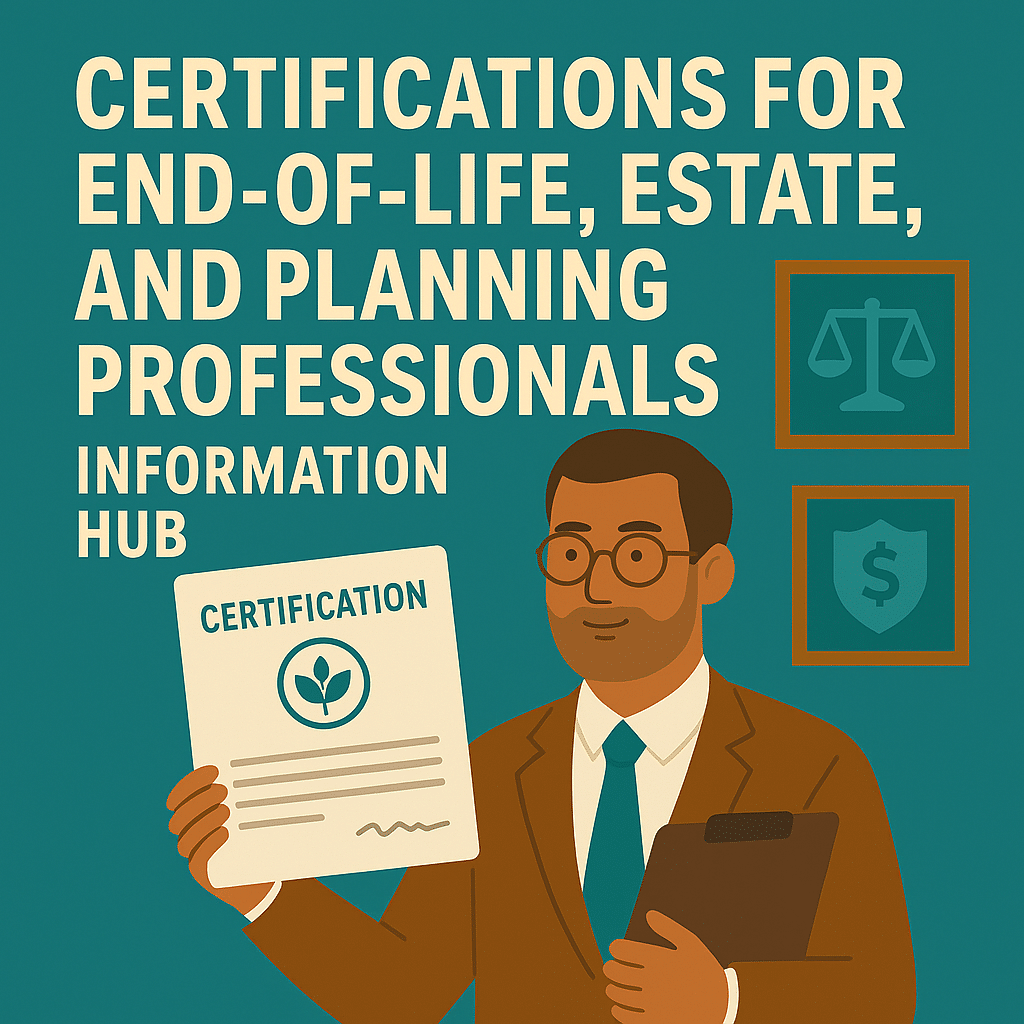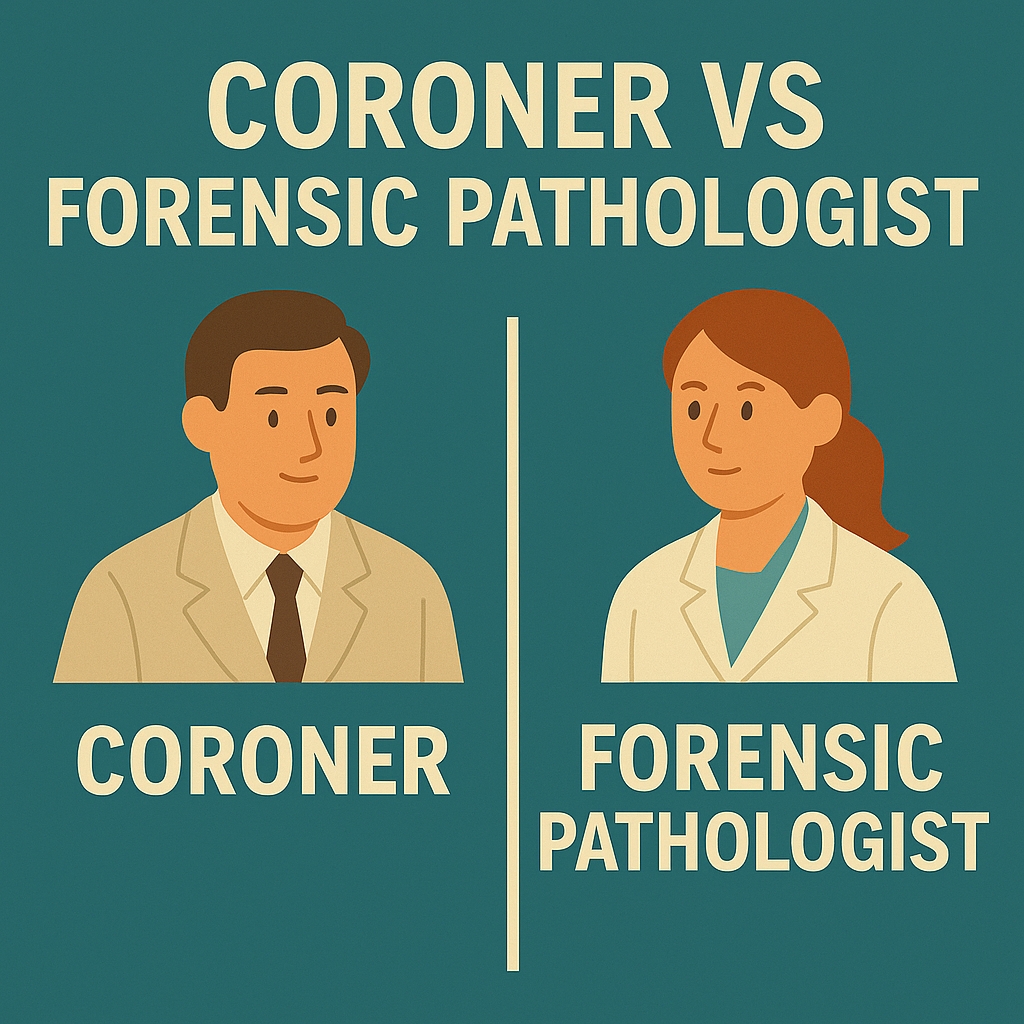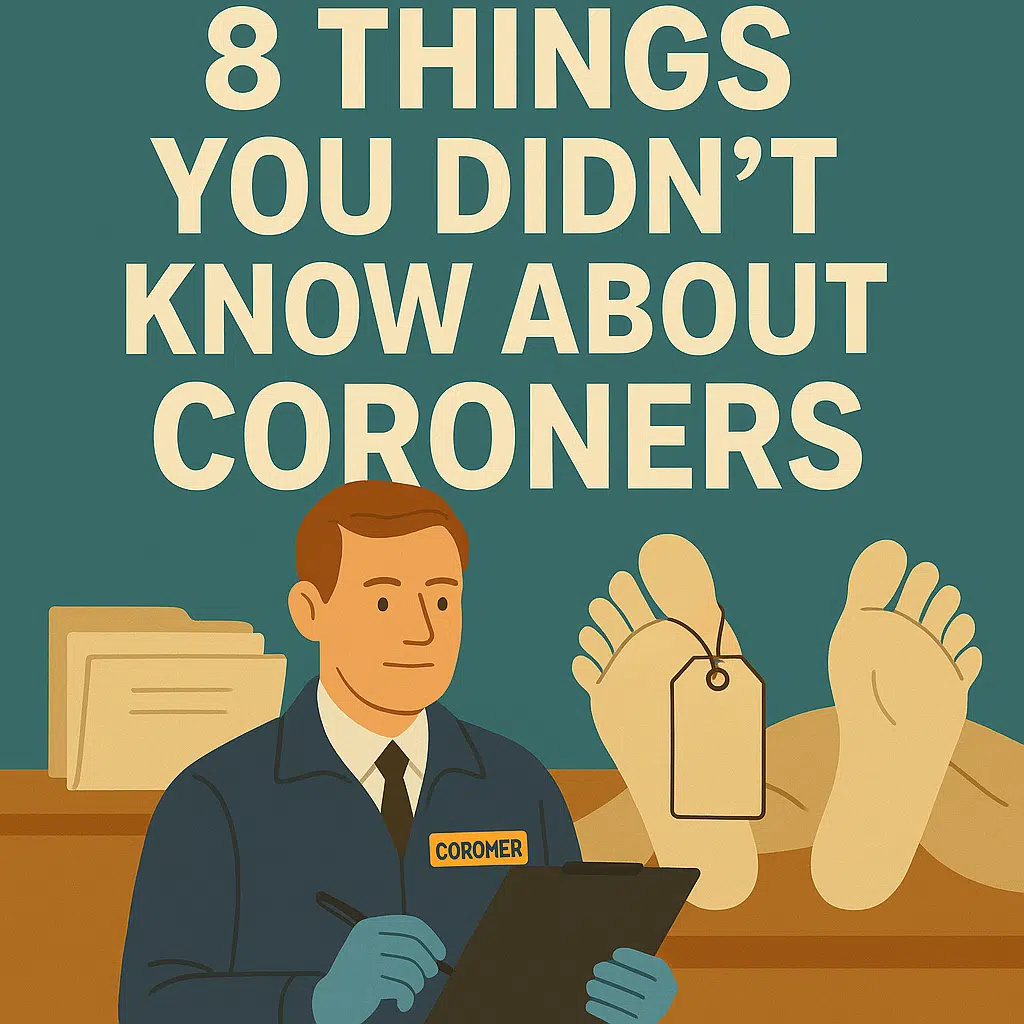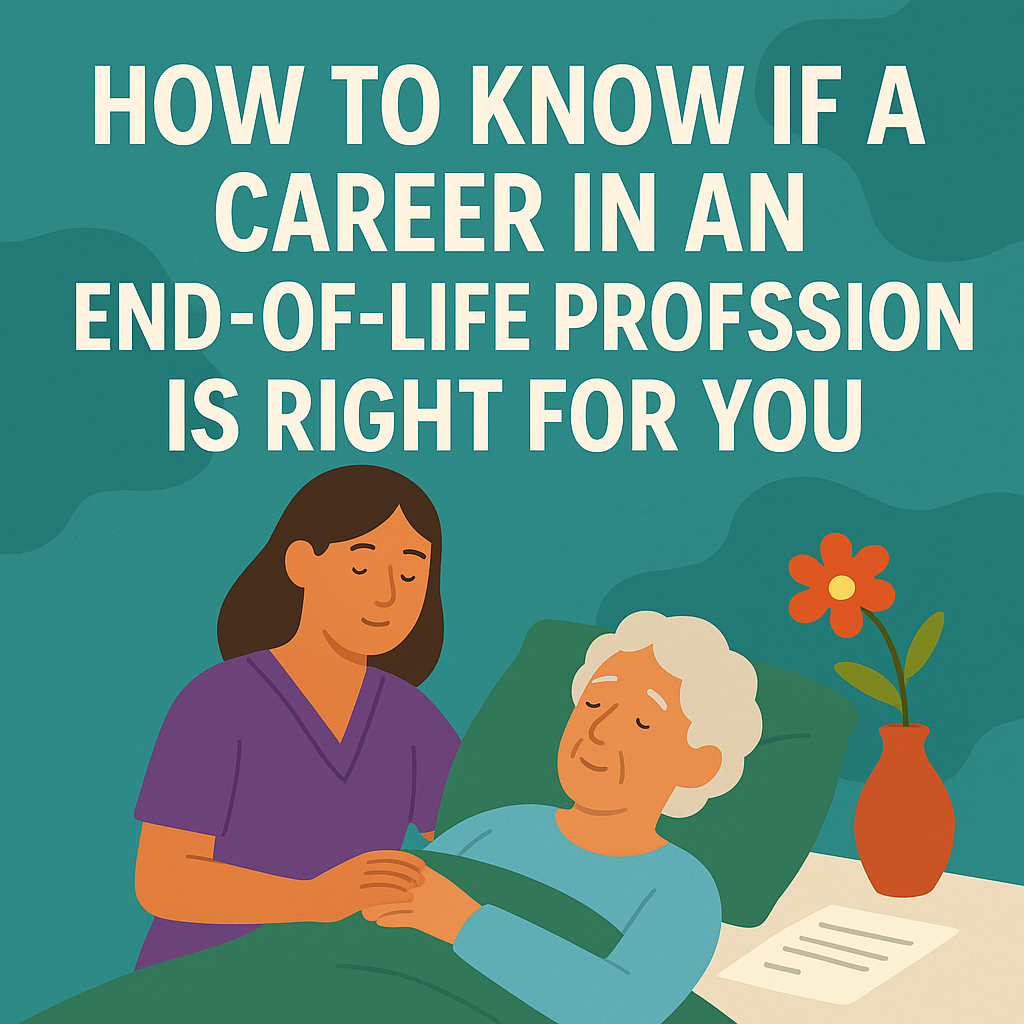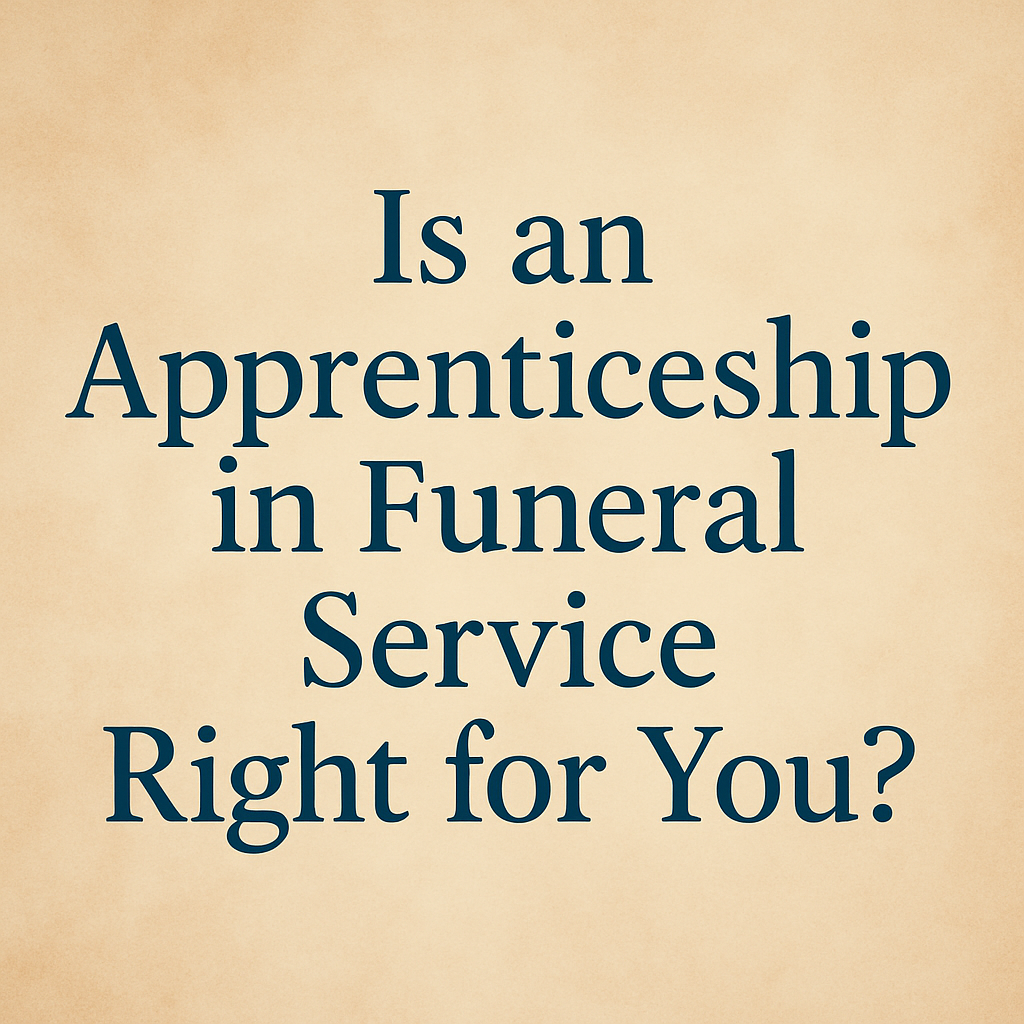Because You’re Dead Serious About Your Future
The Careers in End-of-Life Professions Information Hub
If you’ve ever wanted to do work that truly matters, consider a career helping people through life’s final chapter. From guiding families through loss to planning legacies or providing comfort at the bedside, end-of-life professions offer purpose-driven paths across healthcare, law, counseling, and beyond. This hub explores a range of meaningful roles, what they involve, how to get started, and why more people are choosing this deeply human line of work.
This free Careers in End-of-Life Professions Information Hub is provided by Buried in Work Charitable, a 501(c)(3) nonprofit.
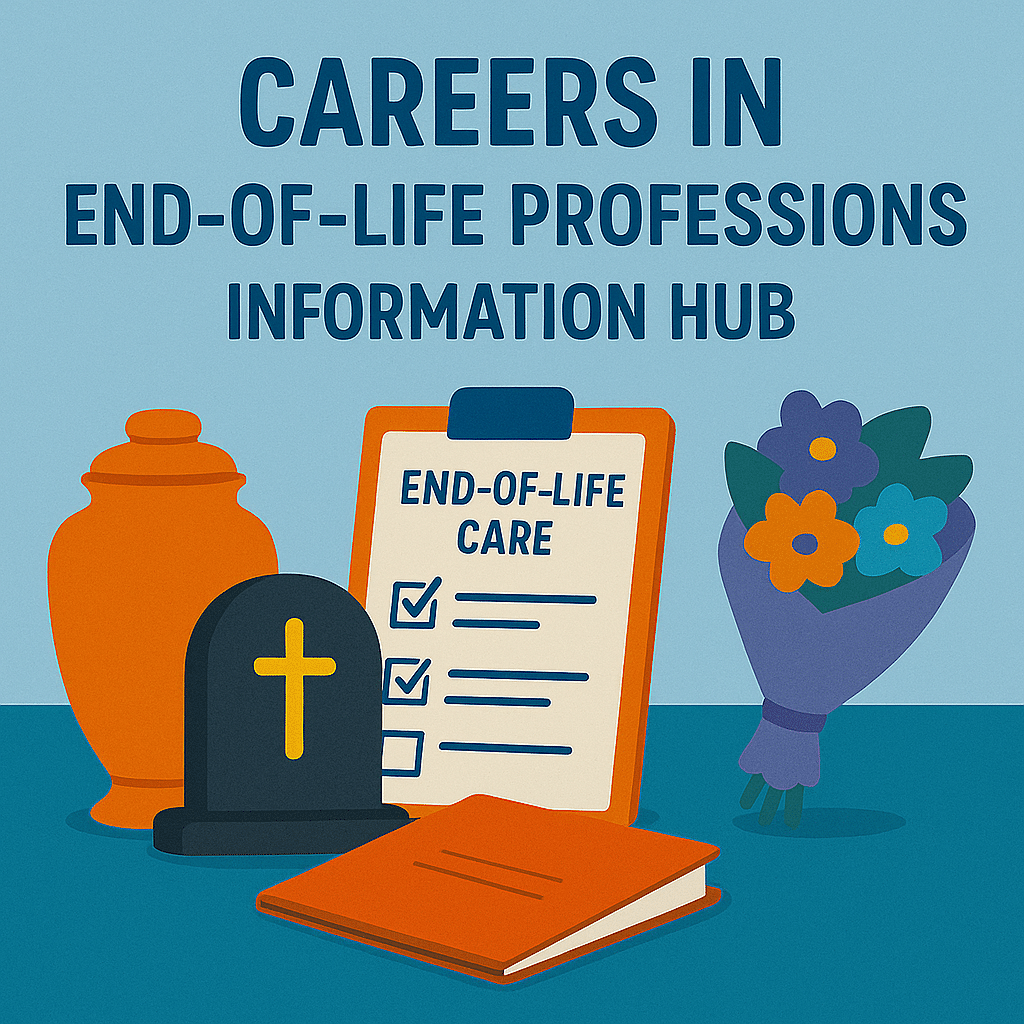
Key Things To Know
Careers in the end-of-life space are as diverse as they are meaningful. Whether you're drawn to hands-on care, behind-the-scenes logistics, or emotional and spiritual support, there's a path that fits your skills and values.
- Funeral Services: Help families honor loved ones through planning, preparation, and memorialization.
- Hospice and Palliative Care: Provide comfort, dignity, and symptom management for patients nearing the end of life.
- Grief Counseling: Support individuals and families coping with loss through therapy and group facilitation.
- Death Doulas: Offer non-medical, holistic support before, during, and after death.
- Estate Planning Professionals: Assist individuals with legal, financial, and legacy decisions before passing.
- Legacy Storytelling and Personal History: Capture and preserve stories, values, and wisdom for future generations.
- Elder and End-of-Life Advocates: Guide individuals and families through care decisions, paperwork, and services.
- Cleanout and Transition Services: Help clear out, sell, or relocate possessions after a death.
- Spiritual and Chaplaincy Roles: Provide emotional and spiritual care across religious or non-religious contexts.
Careers & Jobs For Your Radar
Not everyone dreams of becoming a funeral director, hospice nurse, or crematory operator... but maybe they should.
Whether you're just starting out, making a mid-career shift, or simply ready for work that truly matters, the jobs and career paths below offer a chance to show up for people when it counts most.
Is there a role role we should feature below that's missing? Contact us to suggest a new job or career path.
Career-Related Information Hubs
Not everyone dreams of becoming a funeral director, hospice nurse, or crematory operator... but maybe they should.
The careers and jobs below are rooted in purpose, stability, and the chance to show up for people when it matters most. Whether you’re just starting out, making a midlife pivot, or drawn to work that actually means something, you’ll find real opportunities here.
We break down what each job entails, how to get started, myths to ignore, and whether it might be the right fit for you.
Why Choose A Career In End-Of-Life Work?
Working in end-of-life care is more than just a job. For those drawn to helping others through some of life’s most profound moments, this field offers purpose, connection, and lasting impact. Whether you're providing comfort, preserving memories, or guiding important decisions, the work you do can shape how individuals and families experience death, grief, and legacy.
Reasons to Consider This Path
- Deep Purpose: Few careers offer the chance to make such a meaningful difference during critical times.
- Human Connection: Build relationships grounded in trust, compassion, and empathy.
- Growing Demand: Aging populations and greater awareness are increasing the need for these roles.
- Diverse Roles: There are options for people who are analytical, creative, spiritual, or nurturing.
- Flexible Paths: Jobs are available in full-time, part-time, freelance, and volunteer formats.
- Transferable Skills: Many people already have communication, empathy, or organizational skills that fit this work.
- Personal Growth: This field often shifts how people view life, priorities, and relationships.
Education And Certification Requirements
Not every end-of-life role requires years of schooling. Some paths call for formal degrees or licenses, while others are open to those with the right training and lived experience. This flexibility means people from all backgrounds can find a meaningful way to contribute.
What You Need to Know
- Funeral Service Careers: Funeral directors and embalmers usually need a mortuary science degree and must pass a licensing exam in most states.
- Medical and Licensed Roles: Careers like hospice nurse, physician, social worker, or licensed therapist require degrees and state certification.
- Grief Support Professionals: Licensed therapists need advanced degrees, but many support group facilitators are trained through nonprofits or faith communities.
- Death Doulas: No formal license is required. Most doulas complete training programs that range from a few days to a few months.
- Estate and Financial Roles: Attorneys and certified financial planners must complete graduate-level education and pass rigorous exams.
- Spiritual Roles: Chaplains may need a theology degree or endorsement from a faith group, depending on the setting.
- Creative and Logistical Roles: Personal historians, cleanout professionals, and care coordinators often begin with workshops, mentorship, or self-guided learning.
How To Get Started
There’s no one right way to enter the end-of-life space. Some start with formal education, others begin by volunteering or shifting from related fields. The key is finding a role that fits your skills, interests, and capacity to support others through vulnerable moments.
Steps To Consider
- Reflect on Your Strengths: Think about what you're good at. Is it listening, organizing, comforting, educating, or something else? How can those skills apply to your future work?
- Volunteer First: Many hospices, grief centers, and support organizations offer volunteer roles that give you firsthand exposure.
- Talk to Professionals: Reach out to people working in funeral service, estate planning, hospice, or death care and ask about their path.
- Take a Course or Workshop: Short trainings for death doulas, personal historians, and grief support volunteers are widely available online.
- Join a Community: Look for Facebook groups, professional associations, or online forums focused on end-of-life careers.
- Explore Certifications: If you’re ready to go deeper, seek out reputable certification programs in your area of interest.
- Start Where You Are: You don’t need to quit your job or make a dramatic change to get involved. Many people begin part-time or as a side effort.
Articles & Resources
Frequently Asked Questions
Curious about what it takes to enter this field or whether it's the right fit for you? These FAQs cover common questions people ask when exploring end-of-life careers.
Disclaimer: The information provided on this website and by Buried in Work is for general informational purposes only and should not be considered legal advice. Please consult with a qualified attorney or subject matter expert for advice specific to your situation.

